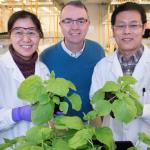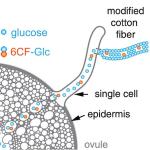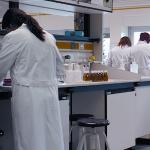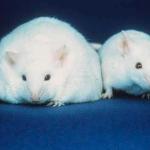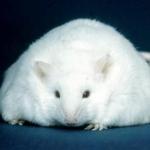While there are legions of plant researchers dedicated to the idea of using GMOs to maximize food production, there's a lesser-known syndicate of scientists trying to cultivate a different outcome: increasing plant output of biofuels.
Biomedicine & Biotech
Someday, everybody will be wearing smart clothes -- not just clothes that look dapper, but are able to sense the environment and the body's vital signs, perhaps then pinging the data to your wrist watch or doctor.
Ancient documents decay over time. Understanding the underlying cause of the deterioration is obviously necessary to prevent or reverse it.
In the late 90's, Michael J. Fox starred in a television comedy called Spin City. As its name implies, the job of Fox's character was to "spin" the truth to make his boss (the mayor of New York City) look good.
Being tan has a slimming effect and makes people look and feel great. Well, turning fat brown can actually make people thin.
Medicare and Medicaid cannot negotiate the cost of drugs – meaning they have to pay whatever a pharmaceutical company charges for their drugs.
Unlike animals, bacteria can readily share genetic information with other bacteria, even those of entirely different species.
A couple of years ago we applauded Uganda for adopting the National Biotechnology and Biosafety Bill which will allow farm
People with red hair tend to have a greater health risk from sun exposure, and for developing skin cancer.
Heparin is a mucopolysaccharide, which is a long chain sugar molecule, is found in mucous and fluid surrounding the joints.
